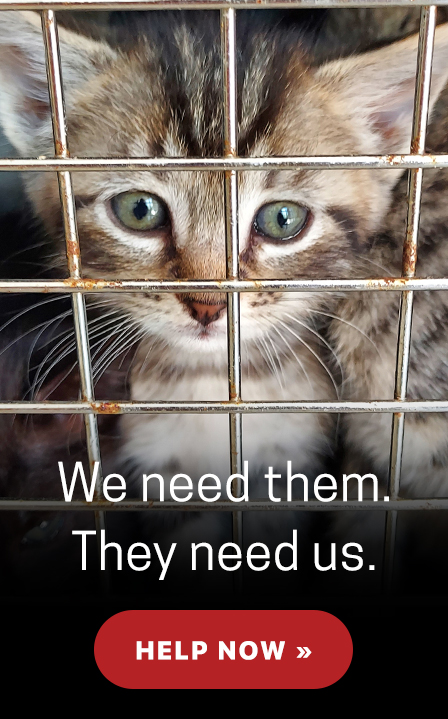Service animals are defined as dogs who are individually trained to do work or perform tasks for people with disabilities. Other species of animals, whether wild or domestic, trained or untrained, are not service animals for the purposes of this definition.
The work or tasks performed by a service animal must be directly related to the handler’s disability. Examples of work or tasks include, but are not limited to, assisting individuals who are blind or have low vision with navigation and other tasks, alerting individuals who are deaf or hard of hearing to the presence of people or sounds, pulling a wheelchair, assisting an individual during a seizure, alerting individuals to the presence of allergens, retrieving items such as medicine or the telephone, providing physical support and assistance with balance and stability to individuals with mobility disabilities, helping persons with psychiatric or neurological disabilities by preventing or interrupting impulsive or destructive behaviors and calming a person with Post-Traumatic Stress during an anxiety attack. The behavioral effects of an animal’s presence and the provision of emotional support, well-being, comfort or companionship do not constitute work or tasks for the purposes of this definition.
A service animal must be under the control of its handler and be harnessed, leashed or tethered, unless the individual’s disability prevents using these devices or these devices interfere with the service animal’s safe, effective performance of tasks. In that case, the individual must maintain control of the animal through voice, signal or other effective controls.
We support the use of other kinds of domesticated animals as service animals when specifically prescribed by a medical professional.
American Humane advocates for the use of service dogs in assisting individuals with disabilities. We recommend that a health care professional provide a medical prescription for the service animal that defines what precise functions and behaviors the dog will provide to the individual, and requires that the service dog is trained using humane methods to provide those functions and that the dog is professionally evaluated for the capability to perform that assistance in a manner safe for both the service dog and its handler. As with all companion animals, we advocate for the responsible and humane care and well-being of the service dog by its trainers and handlers throughout its working life and into retirement.

